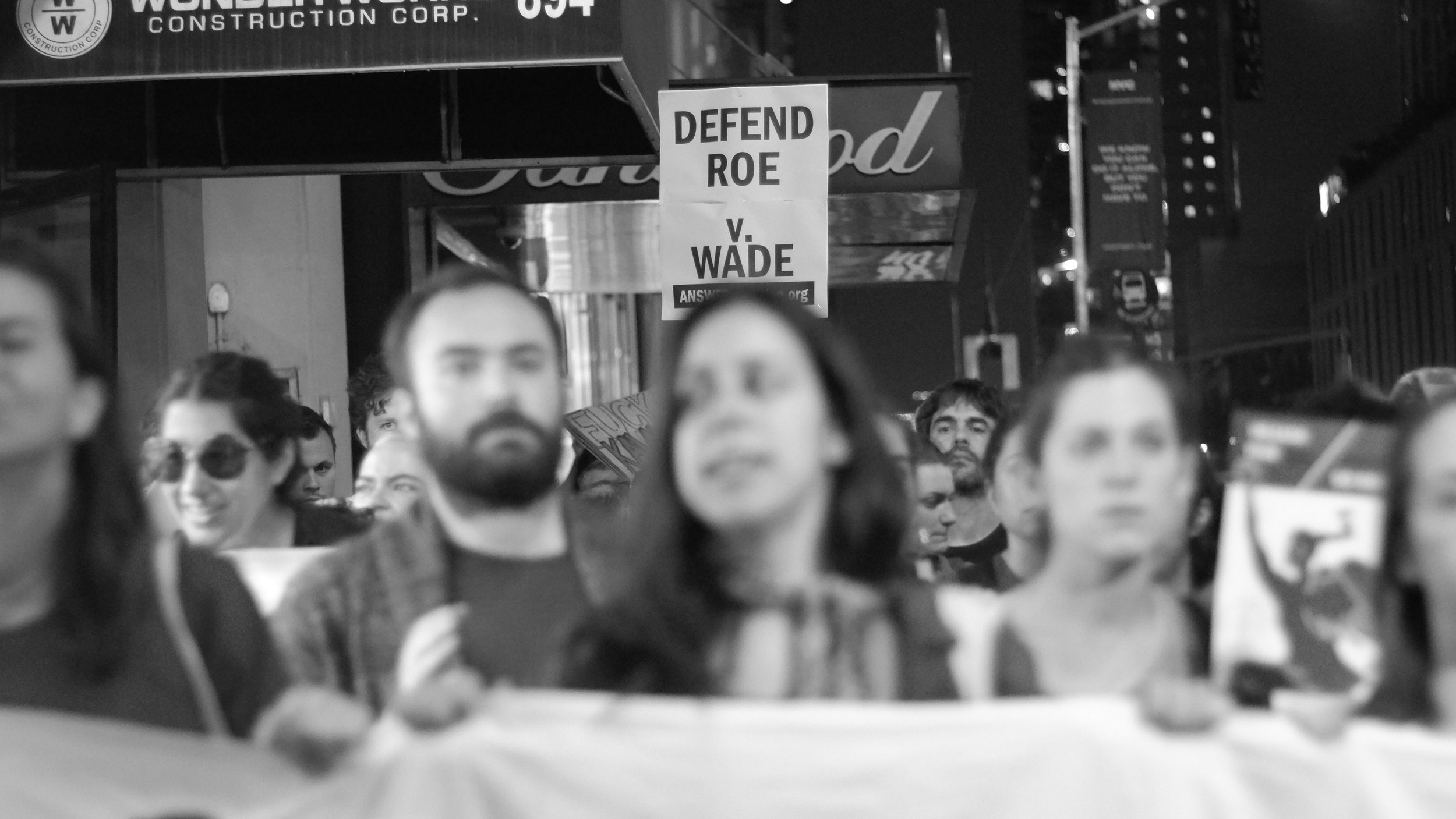
Law in the News
The HULR Blog
Elon Musk’s Latest Crusade: Free Speech Edition
The talk of the town to close out the year has been none other than Elon Musk’s coup of Twitter. The billionaire has been busy, to say the least, since taking over the social media platform three days ahead of Halloween. Before the controversy over the eight-dollar plan for blue verification checkmarks even had time to resolve itself, the app was already seeing millions of tearful “last tweets” as employees were dismissed in such large quantities that it was difficult to see how the platform would continue operating. After gutting the child safety team, removing the app’s COVID-19 misinformation policy, and reinstating former president Donald Trump’s account as the result of a poll (among other things), Musk has made many substantial changes in his apparent crusade for free speech, but whether or not they are for the better — or even legal — is still in contention.
“Bad Blood” Between Ticketmaster and Swifties: How Taylor Swift’s Ticket Sales Are Raising Legal Concerns
On November 1, 2022, Taylor Swift announced her first concert tour in over five years. What should have been a joyous occasion turned into chaos as Ticketmaster crashed after receiving a record-breaking 3.5 billion system requests on the day of presale, four times their previous record. As a result of the site crash and insufficient ticket supply to meet demand, Ticketmaster canceled the general public ticket sale much to the dismay of both Taylor and her fans. The ticket fiasco has since called into question the legality of Ticketmaster's operations following its controversial merger with Live Nation in 2010. Several politicians and lawmakers have called for an investigation into whether Ticketmaster is operating as an illegal monopoly, possibly violating multiple antitrust laws. A lawsuit has also been filed against Ticketmaster for alleged breach of contract, intentional misrepresentation, and fraud.
Advertisement Policies and Kim Kardashian’s Cryptocurrency Lawsuit
Kim Kardashian’s recent lawsuit surrounding a cryptocurrency ad she posted on Instagram raised questions about what American policies actually are surrounding advertisements. This blog post discusses what Kardashian’s post violated and the implications of the related lawsuit. The rise of social media and how influencer advertising culture interacts with advertisement policy is also discussed.
What to Know about Massachusetts Question 4
This blog post reviews that background around the Work and Mobility Act that was recently passed in both the Massachusetts House and Senate. This law allows undocumented immigrants to apply for a drivers license while having to provide two pieces of documentation to prove their identity. This law passed but a petition stopped it from going into full effect, which caused the law to put on the Massachusetts ballot for voters to decide on it in November.
The Supreme Court: Just Another Political Actor
Supreme Court Justices refute the claims that the Court has become a political body, but recent trends indicate dramatic shifts in the Court’s role in the mainstream political landscape. The Court has decided a greater number of important cases with the shadow docket, Justices have begun to retire in a strategic manner, and Congress has also politicized the Court in the view of the public with confirmation proceedings. These trends all point toward the Court’s becoming more innately politicized, as well as in the public eye. The degradation of the Court’s apolitical stance has important implications for its legitimacy and prompts the need for reforms.
The “Shadow Docket” Brought Into Light
The “shadow docket” refers to the Supreme Court’s decisions on emergency applications. While emergency docket orders are intended to be used sparingly, the recent rise in “shadow docket” decisions suggests a broader expansion of power by the Court, calling its apolitical standing into question.
As States Legalize Marijuana, What’s Next?
With no nationwide legislation regulating marijuana, lots of recent developments have taken several different angles. For states like New Jersey, the inception of legal marijuana sales has illustrated the need for important safeguards, particularly for marginalized communities and the youth. For others, like South Dakota, the push for legalization has failed on previous occasions, requiring a further push and learning from past mistakes. Some calls for the expansion of marijuana use are more contentious, especially for groups like police officers, a disagreement that is recent, but not universal. Groups like the American Medical Association oppose marijuana legalization, citing its limited benefit, while industry members draw attention to its potential for job creation and revenue. As discussions at the state and national level rage on, it remains paramount to not leave historically mistreated groups, like Native Americans, behind. Conversations about marijuana legislation are ongoing and not perfect, but identifying issues from the onset and actively working to combat them will ensure no group has to suffer mistreatment.
Michelle Wu: The First Climate Mayor
This Blog discusses the present and future plans that Boston Mayor Michelle Wu has planned. She has made mayoral history by becoming the first woman and the first Asian American mayor to be elected. She is also the first mayor to be elected on a Green New Deal Platform. Her plan consists of divesting from fossil fuel companies –which has been successful– electrifying Boston’s vehicle fleet, and investing in housing in Boston, specifically focusing on affordable housing.
The Supreme Court Is Confident It Does Not Need the Will of the People
According to the leaked draft opinion of Dobbs v. Jackson Women’s Health Organization, Justice Samuel Alito’s second argument against Roe v. Wade is that the right to an abortion is not “deeply rooted in the Nation’s history and traditions.” Yet there is incredibly flawed logic in this assessment. Notwithstanding the conservative Supreme Court justices’ fairly public views on abortion, which are in the minority of the United States, the arguments that this draft bases itself on do not align with a typical understanding of the Constitution or historical abortion practices. Instead, the draft ignores settled constitutional precedent and general political and social trends in views on abortion to argue for an anachronistic model of interpretation. This article will discuss the second issue.
The Supreme Court Is Confident It Does Not Need Precedent
According to the leaked draft opinion of Dobbs v. Jackson Women’s Health Organization, Justice Samuel Alito’s first argument against the Court’s holding in Roe v. Wade (1973) is that the Constitution “makes no reference to abortion, and no such right is implicitly protected by any constitutional provision.” Second, the right to an abortion is not “deeply rooted in the Nation’s history and traditions.” Yet there is incredibly flawed logic in both of these conclusions. Notwithstanding the conservative Supreme Court justices’ fairly public views on abortion — which are in the minority of the United States as a whole — the arguments from which this draft stems do not align with the mainstream judicial understanding of the Constitution. Instead, the draft ignores settled constitutional precedent and broader sociopolitical trends in views on abortion to argue for an anachronistic, originalist interpretation of abortion rights. This article will discuss the first of Alito’s two argumentative shortfalls: his ignoring of Court precedent.
Johnny Depp Proves Defamation Cases Have No True Winners
In 2018, iconic actor Johnny Depp was accused of spousal abuse by his now ex-wife Amber Heard in a Washinton Post op-ed. Now, four years later, Depp is suing Heard for defamation and claims that she, in fact, was the abuser in the relationship. Regardless of the outcome of the trial, however, once the stain of “abuser” is tied to a person, it is hard to erase that reputation, especially for an actor so iconic in the industry. However, much of Depp’s pervasiveness in the industry disappeared essentially overnight, and now he is fighting for his spot back, but will most likely be treated as an abuser his entire career. Depp and Heard’s situation exposes the often no-win nature of defamation cases, regardless of innocence or guilt.
Hostile Takeovers, Poison Pills, and Free Speech: Can Elon Musk Transform Twitter to the Global Platform for Free Speech?
From blocking ISIS hate speech to censoring the President of the United States, Twitter has had largely unchecked power in how it moderates free speech as one of the largest social media platforms in the globe. Well-known billionaire and Tesla CEO Elon Musk has been especially vocal on his issue with Twitter’s free speech violations infringing on democracy. Recently, he has decided to take matters into his own hands and has attempted a hostile takeover of Twitter in order to privatize the company and instill his absolutist free-speech ideals in order to make Twitter the global platform for free speech. His informal attempt has been met with resistance from the Twitter board creating a massive legal battle for control as well as leaving many wondering if the legal holes in his offer may be indicative of an ulterior motive behind his move.
Looking Forward: The “Don’t Say Gay” Bill
The introduction of the “Don’t Say Gay Bill,” signed into law by Florida governor Ron DeSantis to limit discussion of gender and sexual orientation in elementary classrooms, has ramifications for a variety of actors — businesses, students, and educators, to name a few — and may be indicative of a worrying trend in recent legislation. Its creation has sparked discourse over the role of corporations’ response after the Walt Disney company saw mixed reactions to its initial silence and later statements of support. And while the impact on children and educators is immediately unclear, the likelihood of mental health concerns and decreased inclusivity paves the way for future harm. Much of the uncertainty stems from vagueness in the bill’s language, which may conflict with precedents about the accessibility of legal statutes. While it seems likely some states will adopt a similar bill, the increased adoption of anti-LGBTQIA+ legislation emphasizes a crucial need for critical consideration and reform.
The Slap Heard Across the World: The Legal Repercussions Will Smith Can Face
This article concerns the slap that millions of people watched transpire on TV during the 2022 Academy of Motion Picture Arts and Sciences Awards. I discuss the events that occurred and then explore whether the violence committed against Chris Rock by Will Smith should warrant a criminal charge. According to California law, I find that Will Smith has committed Battery, and what he did constitutes a crime punishable by a maximum sentence of 6 months in jail and a fine up to $2000. But given his celebrity status, Smith is unlikely to face prosecution.
The Constitutional Consequences of a Death Row Sentence
The First Amendment of the Constitution states that “Congress shall make no law respecting an establishment of religion, or prohibiting the free exercise thereof.” What, however, is constituted as “the free exercise thereof?” In particular, what happens when religious expression contrasts with the laws set for inmates on death row? The Supreme Court is set to come out with an official ruling on the religious rights and rituals allowed for inmates receiving the death penalty in June 2022. I can only hope that the court chooses to respect the human dignity and religious comfort that all people deserve, if they so choose, even when on death row. Otherwise, the Court risks impeding on religious rights. Moreover, in doing so, the Court is selectively choosing who deserves the right to express religion.
The Rise of ESG: a Legal Perspective
The emerging incorporation of ESG (Environmental, Social, and Governance) within companies has a bi-directional relationship with corporate law. Federal law may dictate how companies disclose their ESG metrics. Simultaneously, as ESG rises, federal law will undoubtedly be affected by an accelerating trend toward ESG dominance.
Britney Is Free but Thousands of Others are Not: How the Britney Spears Case Shines a Light on the Abuse of Conservatorships
Britney Spears’s recent battle for control over her life and finances has shed light on conservatorships and their widespread abuse in the U.S. This article details the legal mechanism behind guardianships and how some of them are abused. The increased attention on guardianships caused by the “Free Britney” movement has also inspired legislation designed to reform the conservatorship system.
The Supreme Court’s Invisible Power in U.S.-China Relations
Thousands of American companies have sued their government since it escalated its tariffs on Chinese imports in 2018 and 2019. This article shows why these lawsuits will ultimately be appealed to the Supreme Court by the U.S. Court of International Trade. Although its power in the geopolitical conflict may be hidden, the Supreme Court will decide the future of the U.S. China trade war. Its consequential ruling may force the Biden administration to amend its policy, setting the precedent for the executive branch's trade authority.



















